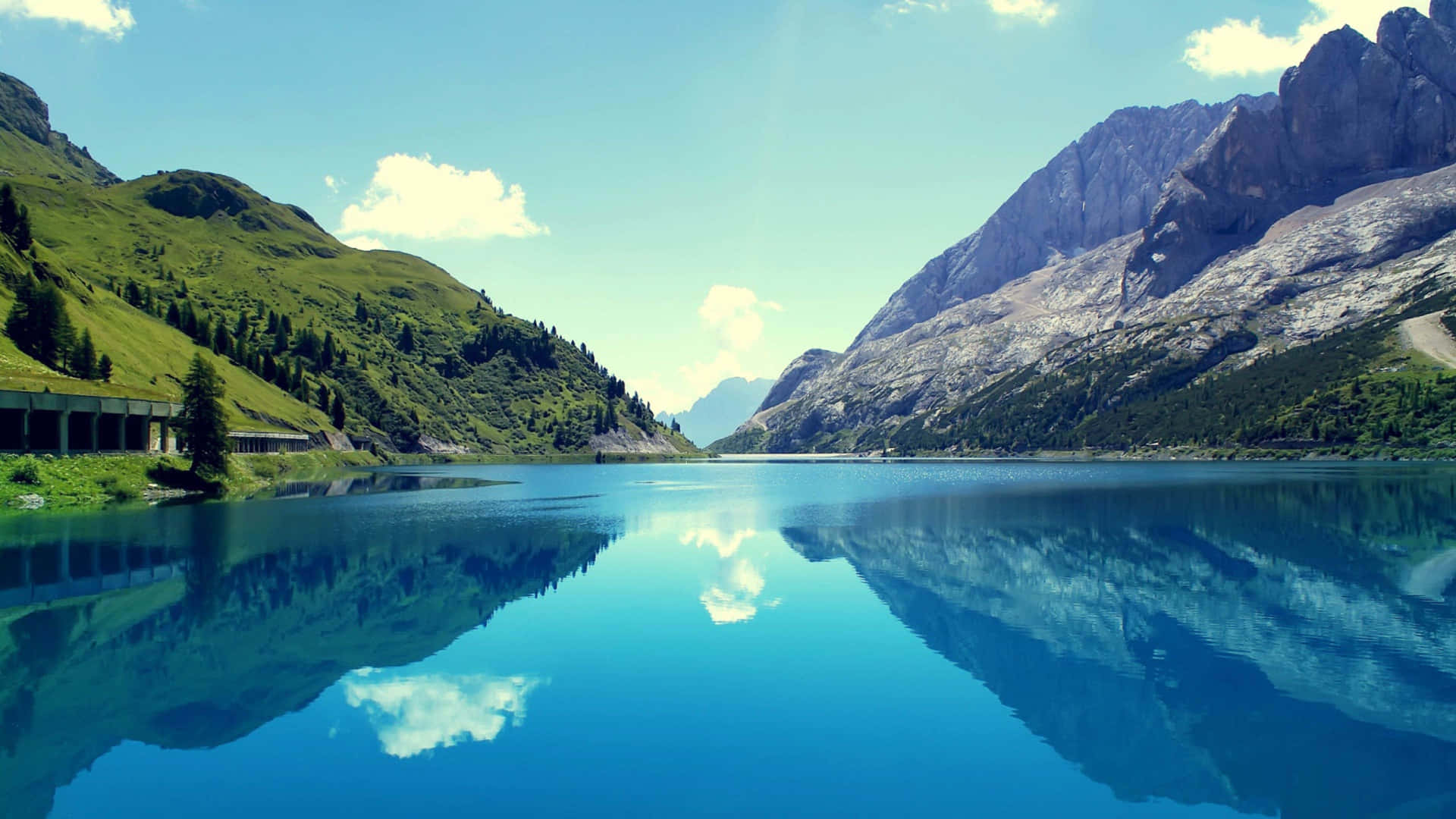Natural beauty, an intrinsic component of the Earth’s charm, captivates us with its sheer majesty and diversity. From the towering mountains and serene lakes to the verdant forests and expansive deserts, the natural world presents an unending tableau of wonder. Beyond the aesthetic appeal, natural beauty plays a crucial role in our well-being, inspiring awe and offering solace. In this article, we explore the multifaceted aspects of natural beauty, delving into its significance, diversity, and the innate connection humans have with the natural world.

The Essence of Natural Beauty
Nature’s beauty is more than just a visual experience; it engages all our senses and evokes profound emotional responses. The essence of natural beauty lies in its ability to inspire feelings of peace, joy, and sometimes even melancholy. This unique blend of sensory and emotional stimulation is what makes natural beauty so compelling. It reminds us of our connection to the planet and the delicate balance that sustains life.
Aesthetic Pleasure and Emotional Resonance
Natural beauty is often perceived through aesthetic pleasure—an appreciation for symmetry, color, texture, and form found in natural landscapes. Whether it is the intricate patterns of a leaf, the vibrant colors of a sunset, or the rhythmic flow of a river, nature’s artistry can evoke a sense of wonder. This appreciation is not merely visual but often elicits an emotional resonance. Standing at the edge of a vast ocean or gazing at a star-filled sky can fill one with a sense of awe, making the individual feel part of something much larger than themselves.
The Science Behind Our Attraction
Our attraction to natural beauty is not just philosophical; it is rooted in biology. Evolutionary psychologists suggest that humans are innately drawn to natural environments because they historically offered sustenance and survival. Landscapes that provide water, food, and shelter naturally attract us. Furthermore, the exposure to nature has been scientifically proven to reduce stress, enhance cognitive function, and improve mental health. The concept known as “biophilia” proposes that humans have an inherent affinity for the natural world, which has been ingrained in our psyche over millennia.
The Diverse Manifestations of Natural Beauty
Natural beauty manifests in myriad forms, each unique and offering a different perspective on the world’s splendor. From the grandeur of mountains to the delicate balance of ecosystems, these manifestations remind us of the planet’s diversity and the interconnectedness of all life.
Majestic Landscapes
Mountains, valleys, and plains—the diverse landscapes of our planet offer breathtaking views and environments. The sight of a mountain range, with its peaks piercing the clouds, can evoke feelings of insignificance and wonder. These geological formations, shaped over millions of years, stand as testaments to the power and beauty of natural processes. Similarly, the rolling plains and lush valleys, often dotted with wildlife, provide a serene and calming vista that contrasts with the ruggedness of mountains.
The Serenity of Water Bodies
Water, an essential element of life, also contributes significantly to the Earth’s beauty. Oceans, rivers, lakes, and waterfalls each hold their unique charm. The ocean, with its vast expanse and rhythmic waves, represents both tranquility and power. Lakes offer a mirror-like reflection of the sky and surrounding landscape, creating a perfect blend of water and earth. Rivers, constantly flowing and changing, symbolize life’s continuity, while waterfalls captivate with their raw energy and beauty.
Flora and Fauna: Nature’s Intricate Web
The diversity of flora and fauna adds another dimension to natural beauty. The vibrant colors of flowers, the intricate designs of leaves, and the towering presence of trees create a dynamic and ever-changing environment. Wildlife, from the smallest insects to the largest mammals, plays a crucial role in maintaining the balance of ecosystems. Observing animals in their natural habitats, interacting with their environment, offers insights into the complexity and harmony of nature.
The Human Connection to Natural Beauty
Humans have always had a deep connection with nature, a bond that is often reflected in art, literature, and culture. This connection goes beyond mere appreciation—it is fundamental to our existence and well-being.
Cultural and Spiritual Significance
Natural beauty has been a source of inspiration in various cultures and religions. Many ancient civilizations worshipped natural elements such as the sun, moon, rivers, and mountains, considering them divine. In contemporary times, nature still plays a significant role in spiritual practices and cultural rituals. The tranquility of a forest, the sound of flowing water, or the sight of a sunset can evoke spiritual experiences, helping individuals find inner peace and harmony.
Nature as a Source of Healing
The concept of “nature therapy” or “eco-therapy” is gaining recognition as an effective method for enhancing mental health and well-being. Being in nature or even viewing scenes of nature can reduce anger, fear, and stress while increasing pleasant feelings. This therapeutic effect of nature stems from its ability to provide a respite from the demands of modern life, offering a space for reflection and rejuvenation.
Conclusion
Natural beauty is an enduring and universal phenomenon that transcends cultural and geographic boundaries. It is a source of inspiration, solace, and connection, reminding us of our place within the greater tapestry of life. As we continue to explore and appreciate the diverse manifestations of natural beauty, it is essential to recognize its significance not only for aesthetic pleasure but also for our well-being and the health of our planet. By nurturing our relationship with the natural world, we can foster a deeper understanding and commitment to preserving the Earth’s unparalleled beauty for future generations.
